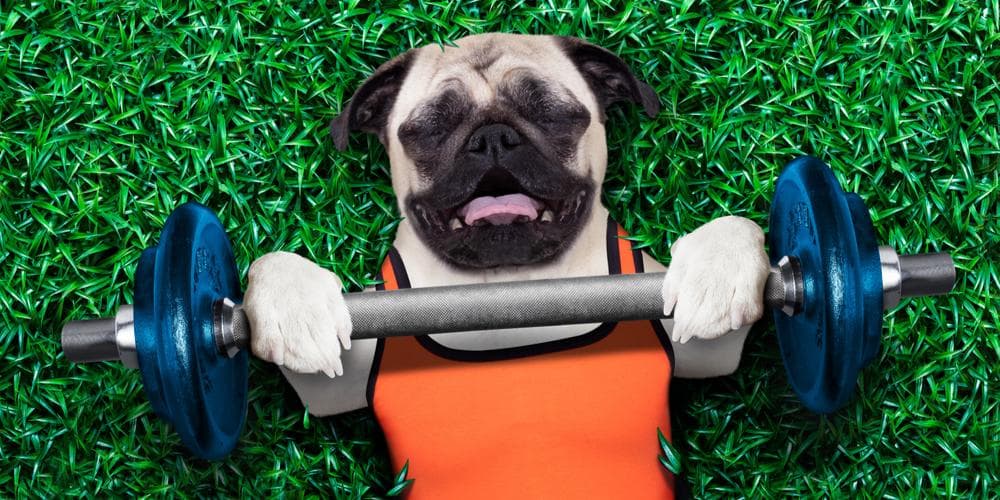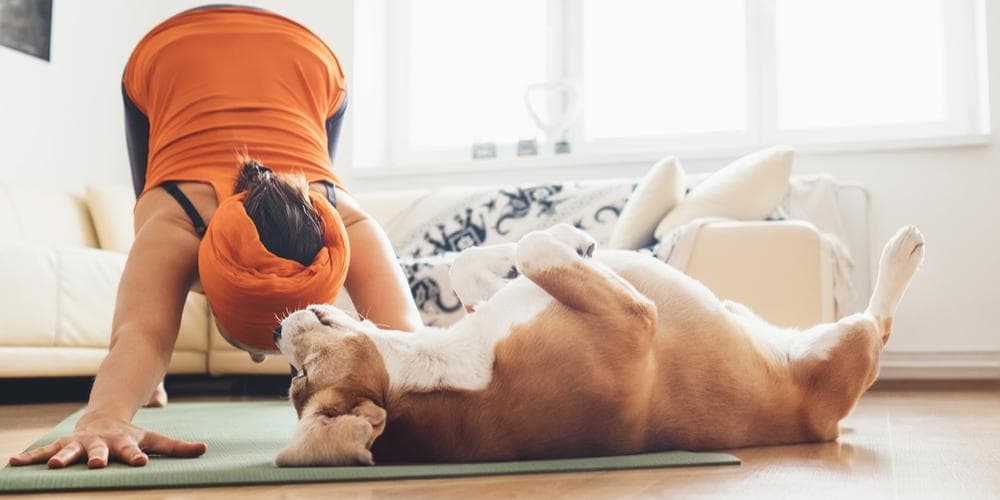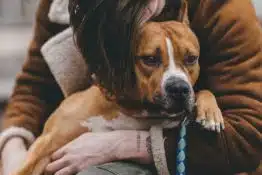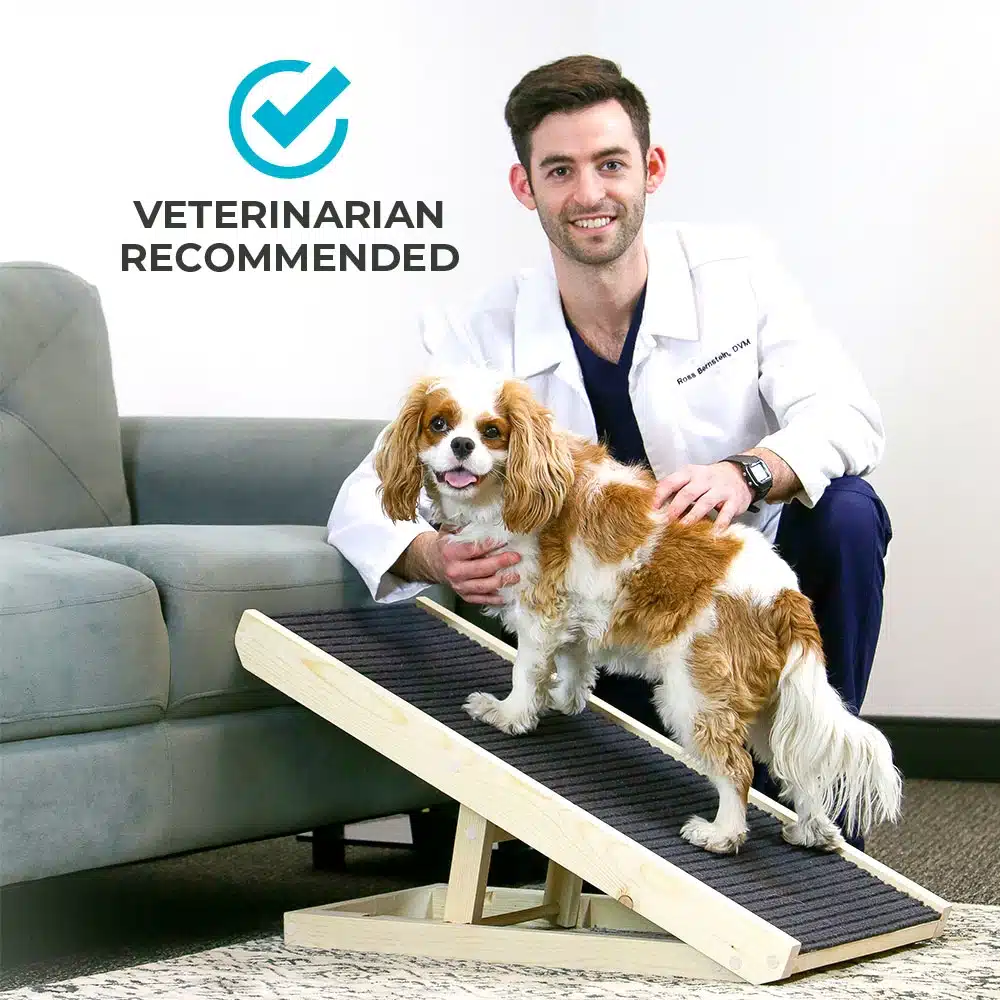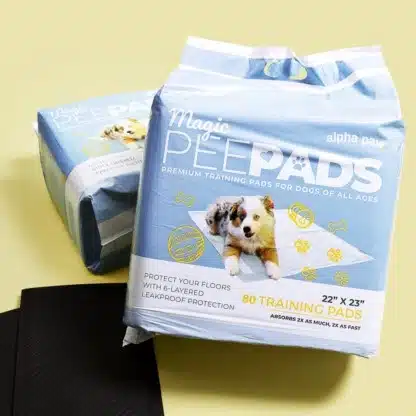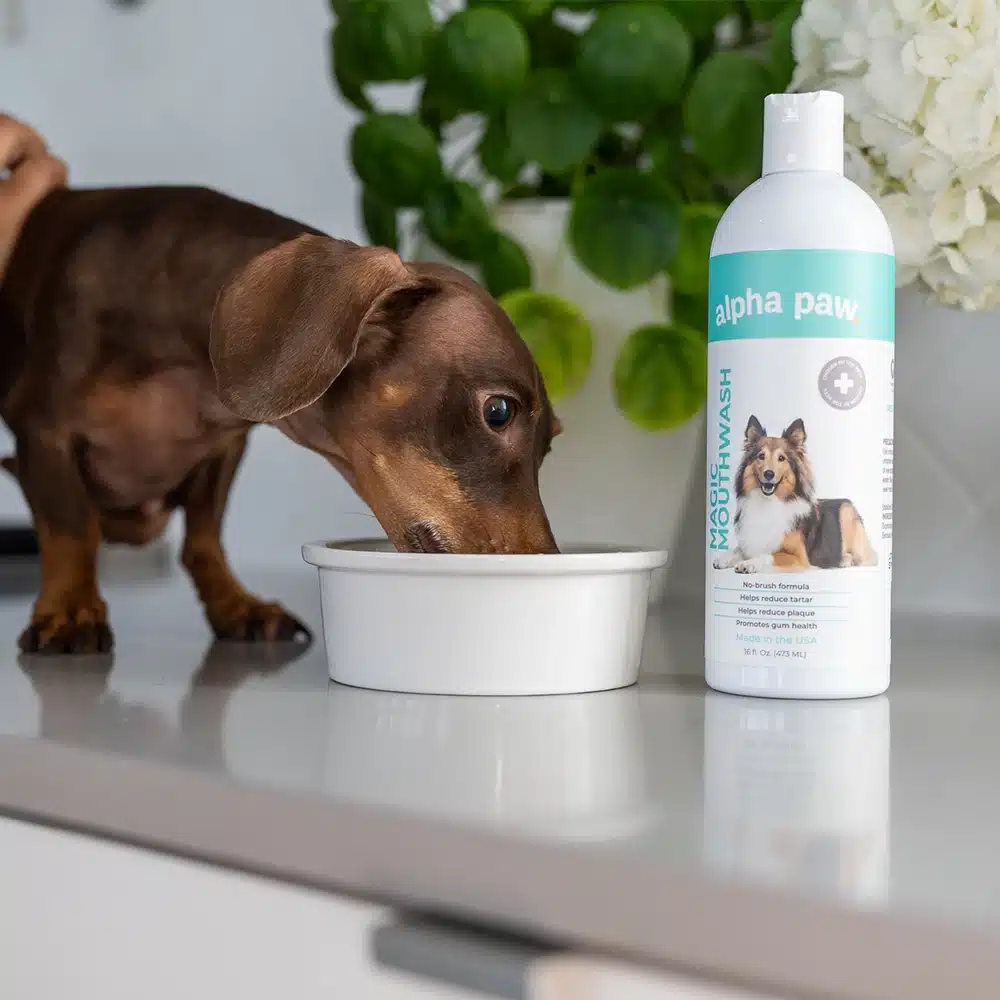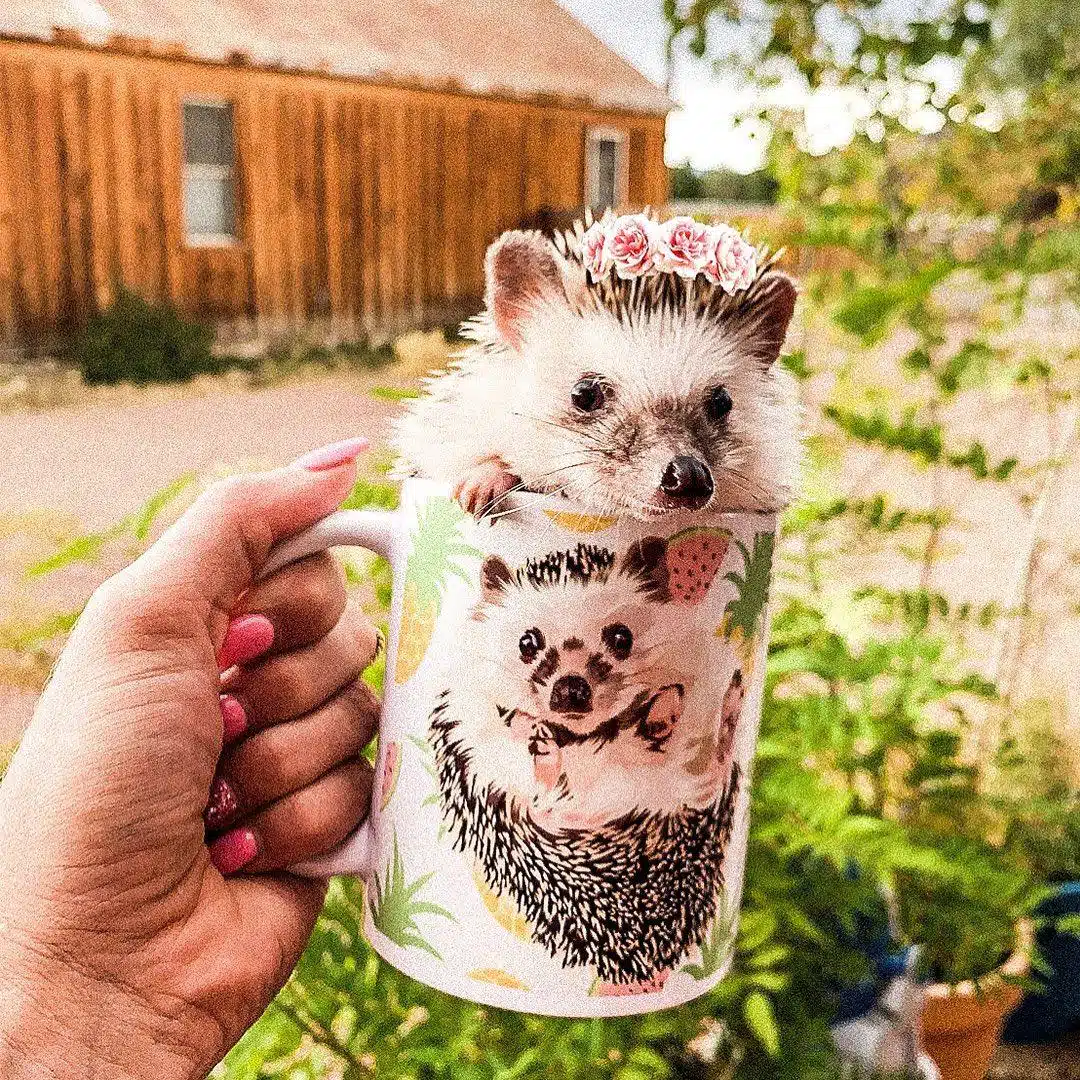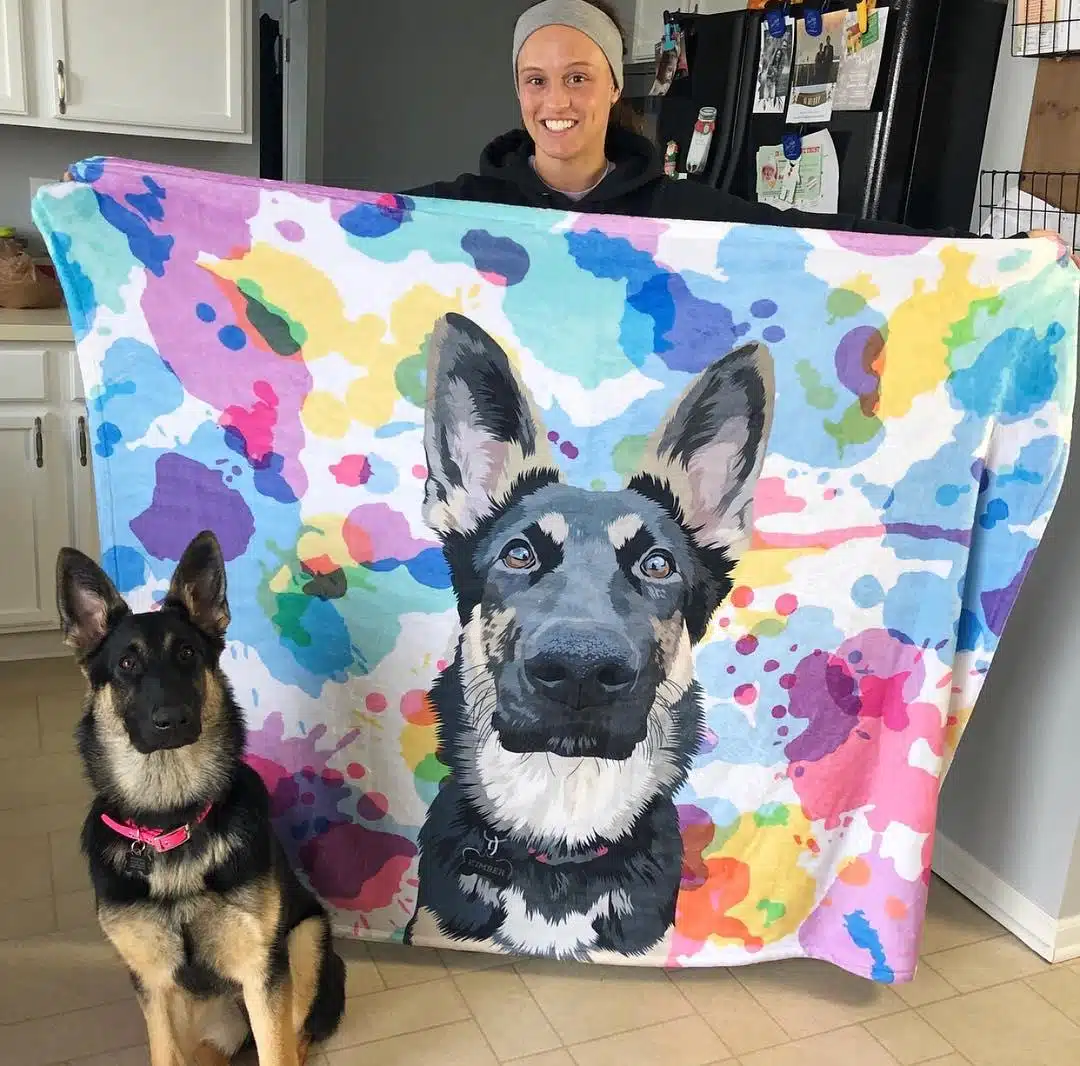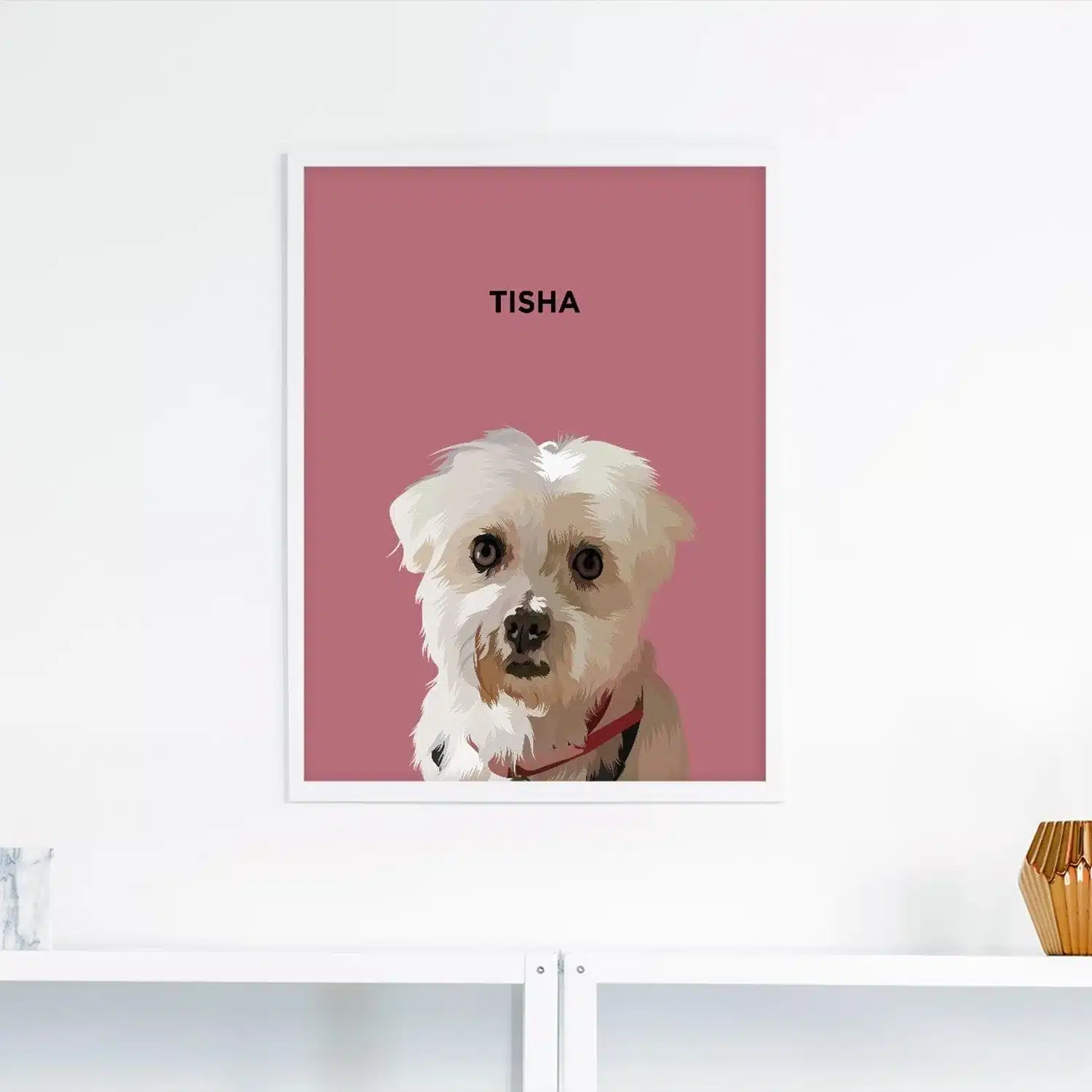The Holidays Got the Better of your Pooch? There is no better time than the new year to get a little exercise in!
We all know the importance of maintaining a healthy weight. However, have you ever thought the same way with your pup? While it is undeniable that dogs look cuter when they are fat, but the truth is that overweight dogs are at risk of developing a lot of many diseases. In fact, dogs who have excess weight are more likely to live a shorter life.
For this reason, you need to take the necessary steps to help your dog lose unwanted weight. It might be difficult, but it’s doable. The important thing is you know what to do and how to do it.
This is the main reason that we have gathered some helpful tips to help your pup lose weight. Read on to learn more!
Diet
Obviously, you can’t lose weight without talking about diet. Here are some dietary tips to start off your dog’s weight loss journey.
- More protein, fewer carbohydrates – dogs thrive in high-protein diet. This helps them build lean muscles and quickly use up excess energy, which may be stored as fats.
- Avoid high-fiber food – contrary to popular beliefs, high-fiber food does not help in weight loss. Your dog won’t feel satisfied and will eat more as a result. Not only that but high-fiber food may interfere with nutrient absorption.
- Don’t give food scrap – while it is tempting to give your dog leftovers or crumbs from the table, you need to control yourself. It doesn’t just encourage bad behavior, but it can contribute to weight gain.
- Feed smaller portions of food – instead of giving three large meals, your dog will lose weight faster if you give him frequent, but smaller portions of food. For example, you can divide three big meals into six small meals. Don’t give in to the temptation to give your dog a bowl full of food whenever you leave your home.
- Reduce your dog’s food portion – sometimes, the easiest way to lose weight is simply reducing the amount of food you feed your buddy. Now, remember not to drastically lessen your dog’s food. As a general rule, reduce your dog’s food by five percent for a week or two. After that, if he still doesn’t lose weight, then subtract another five percent.
- Schedule your dog’s eating habit – don’t feed your dog at any time of the day. Having a scheduled meal will help you monitor your dog’s diet. Not only that, but it reinforces discipline in your pooch.
- Track everything your dog eats – while this may take more work, you will see that it produces results. Write down what you feed your dog as well as the amount. Weigh your dog’s food and check if it conforms to your weight loss plan.
Exercise
When it comes to losing weight, diet is best coupled with exercise. It doesn’t simply help your dog achieve an ideal weight, but it can help your dog become healthier and happier.
There are a lot of great forms of exercise available for your pooch. Walking your dog every morning, jogging with him, hiking, swimming, fetching, and bringing him in the park would surely burn those extra calories. Just be creative to make exercise fun and interesting.
Make exercise a habit and schedule it as much as possible. Your dog also thrives in routine. If he gets to exercise at a certain time of the day, it becomes a habit that he can continually do even after achieving his target weight.
Remember that exercise does not have to be done outside. It can be done inside your home. Just keep your pup moving and avoid being inactive. Every calorie burned counts.
Talk To Your Vet
Being an overweight, or worse, obese dog is a health risk. It’s a serious problem that you should not ignore.
Discuss this problem with your vet. He can help you create a weight loss plan, give you advice, and improve your dog’s health condition.
Most importantly, read more about weight loss for dogs. The more knowledge and information you gather, the better informed you are in helping your four-legged best friend live a healthier and fuller life.
80% of Dogs Develop Arthritis or Joint Pain by 7 Years old – Here’s How to Protect Them
Most of us train our dogs when they are puppies to jump up on furniture. We think it’s harmless (and easier than always lifting them), but for dogs, couches and beds are very high compared to the size of their bodies.
Every time they jump it compresses their back and applies enormous force to their joints.
It’s no wonder that an incredible 80% of dogs experience arthritis or joint pain by only 7 years old.
Luckily, there is a vet-recommended solution.
It’s the PawRamp by Alpha Paw. An adjustable ramp that allows dogs to safely get on and off couches and beds. PawRamp makes joining you in bed or on the couch effortless and fun.
As a bonus, you can use code SAVE35 to get $35 off the PawRamp today.

